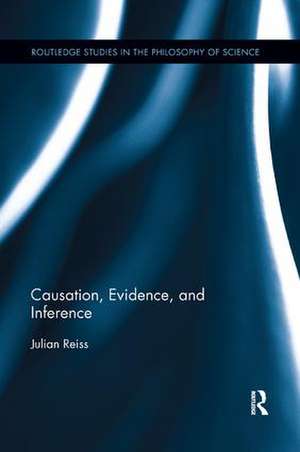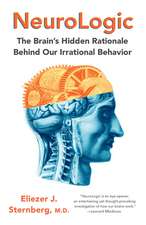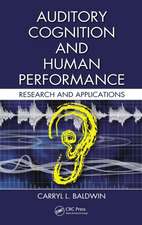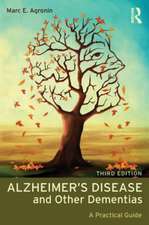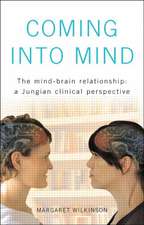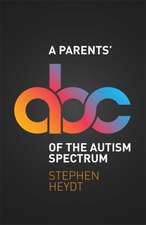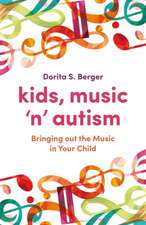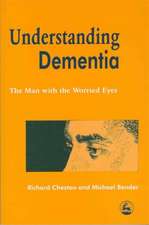Causation, Evidence, and Inference: Routledge Studies in the Philosophy of Science
Autor Julian Reissen Limba Engleză Paperback – 28 noi 2017
| Toate formatele și edițiile | Preț | Express |
|---|---|---|
| Paperback (1) | 431.35 lei 43-57 zile | |
| Taylor & Francis – 28 noi 2017 | 431.35 lei 43-57 zile | |
| Hardback (1) | 1110.74 lei 43-57 zile | |
| Taylor & Francis – 4 iun 2015 | 1110.74 lei 43-57 zile |
Din seria Routledge Studies in the Philosophy of Science
-
 Preț: 370.09 lei
Preț: 370.09 lei -
 Preț: 312.20 lei
Preț: 312.20 lei -
 Preț: 311.39 lei
Preț: 311.39 lei -
 Preț: 314.92 lei
Preț: 314.92 lei -
 Preț: 490.25 lei
Preț: 490.25 lei -
 Preț: 384.31 lei
Preț: 384.31 lei - 18%
 Preț: 897.52 lei
Preț: 897.52 lei - 18%
 Preț: 1118.82 lei
Preț: 1118.82 lei -
 Preț: 409.10 lei
Preț: 409.10 lei - 18%
 Preț: 999.64 lei
Preț: 999.64 lei - 18%
 Preț: 1001.70 lei
Preț: 1001.70 lei -
 Preț: 482.53 lei
Preț: 482.53 lei -
 Preț: 485.61 lei
Preț: 485.61 lei - 8%
 Preț: 398.45 lei
Preț: 398.45 lei -
 Preț: 356.64 lei
Preț: 356.64 lei -
 Preț: 380.07 lei
Preț: 380.07 lei -
 Preț: 389.66 lei
Preț: 389.66 lei -
 Preț: 341.75 lei
Preț: 341.75 lei - 14%
 Preț: 313.82 lei
Preț: 313.82 lei -
 Preț: 479.29 lei
Preț: 479.29 lei - 18%
 Preț: 1000.30 lei
Preț: 1000.30 lei -
 Preț: 383.89 lei
Preț: 383.89 lei -
 Preț: 384.86 lei
Preț: 384.86 lei -
 Preț: 428.74 lei
Preț: 428.74 lei -
 Preț: 482.56 lei
Preț: 482.56 lei -
 Preț: 395.47 lei
Preț: 395.47 lei -
 Preț: 433.26 lei
Preț: 433.26 lei - 20%
 Preț: 938.05 lei
Preț: 938.05 lei - 18%
 Preț: 1007.23 lei
Preț: 1007.23 lei -
 Preț: 443.65 lei
Preț: 443.65 lei
Preț: 431.35 lei
Nou
Puncte Express: 647
Preț estimativ în valută:
82.56€ • 89.71$ • 69.40£
82.56€ • 89.71$ • 69.40£
Carte tipărită la comandă
Livrare economică 21 aprilie-05 mai
Preluare comenzi: 021 569.72.76
Specificații
ISBN-13: 9780815371984
ISBN-10: 0815371985
Pagini: 268
Dimensiuni: 152 x 229 x 14 mm
Greutate: 0.34 kg
Ediția:1
Editura: Taylor & Francis
Colecția Routledge
Seria Routledge Studies in the Philosophy of Science
Locul publicării:Oxford, United Kingdom
ISBN-10: 0815371985
Pagini: 268
Dimensiuni: 152 x 229 x 14 mm
Greutate: 0.34 kg
Ediția:1
Editura: Taylor & Francis
Colecția Routledge
Seria Routledge Studies in the Philosophy of Science
Locul publicării:Oxford, United Kingdom
Public țintă
PostgraduateCuprins
1. Causation in a Complex World Part I: Evidence 2. What’s Wrong with Our Theories of Evidence? 3. Evidence in Context Part II: Singular Causation 4. Counterfactuals, Thought Experiments and Singular Causal Inference in History 5. Counterfactuals in the Social Sciences 6. Contrastive Causation 7. Singular Causation without Counterfactuals Part III: Causal Laws 8. Time Series, Nonsense Correlations, and the Principle of the Common Cause 9. Causal Laws in Biomedical and Social Research: Evidence, Inference, and Purpose Part IV: Semantics 10. Third Time’s a Charm: Causation, Science, and Wittgensteinian Pluralism 11. Causation in the Biomedical and Social Sciences: An Inferentialist Account
Descriere
In this book, Reiss argues in favor of a tight fit between evidence, concept and purpose in our causal investigations in the sciences. There is no doubt that the sciences employ a vast array of techniques to address causal questions such as controlled experiments, randomized trials, statistical and econometric tools, causal modeling and thought experiments. But how do these different methods relate to each other and to the causal inquiry at hand? Reiss argues that there is no "gold standard" in settling causal issues against which other methods can be measured. Rather, the various methods of inference tend to be good only relative to certain interpretations of the word "cause", and each interpretation, in turn, helps to address some salient purpose (prediction, explanation or policy analysis) but not others. The main objective of this book is to explore the metaphysical and methodological consequences of this view in the context of numerous cases studies from the natural and social sciences.
